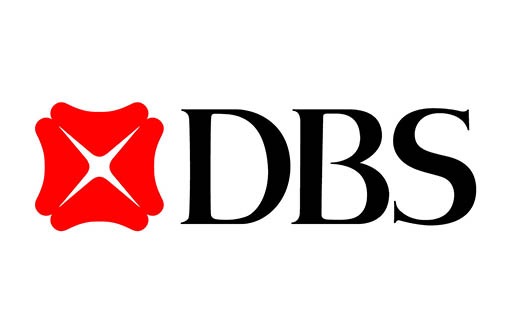Collaboration is Key to Harnessing Opportunities in a Shifting Payments Landscape

A modern financial institution (FI) faces a challenging environment but a beguiling opportunity in Asia.
Asia is the engine room of world economic momentum: it will account for 60% of global growth in 2024, according to the IMF, and has 60% of the world’s population.
But it is also challenging to navigate. In addition to cultural and economic diversity, Asia also places great demands for leading-edge digital technology on FIs, with an increasing insistence on instant, low-friction services and real-time information. Already 70-80% of its 670 million population are active internet users, and there is tremendous opportunity to capture – Asia Pacific’s ecommerce market value is projected to grow to over US$28.9 trillion by 2026, according to the International Trade Administration.
Future-ready solutions to unlock opportunities
With the rise of the digital economy, global cross-border payment flows are expected to exceed US$250 trillion by 2027. But cross-border payments on existing networks are not 24/7, are costly, and lack transparency. This is especially true in Asia given the diversity of development and regulation between different jurisdictions. This matters increasingly as a trend for low-value transfers grows, driven by mobility, migration and e-commerce across borders.

As financial institutions seek to expand their cross-border payment capabilities, the challenge lies not only in scaling to new corridors but also in managing the complexity of currency volatility and compliance.
Instead of building payment networks from the ground up, forward-looking institutions are leveraging partnerships for innovative solutions. An example is DBS Globesend, an API-based solution which simplifies cross-border payments for FIs and payment service providers. Covering 132 currencies across 190 markets with 24/7 transacting ability, the solution combines the nimbleness of fintech with the security of DBS’ 16-year track record as Asia’s Safest Bank.
Real-world applications of this approach are already in motion. Mashreq, for instance, utilises DBS Globesend to offer same-day and near-instant peer-to-peer cross-border payments to its retail customers across Asia Pacific, Europe, and the Americas. This collaboration showcases how financial institutions, in working together, can strengthen connectivity between regions, offering increased convenience and efficiencies for both businesses and end consumers.
Asia’s diversity also extends to its range of payment infrastructure. While current payment rails enable highly efficient domestic transfers, these do not inherently connect with one another for cross-border transactions, leading to a fragmentation in the cross-border space.
DBS can facilitate the instant connectivity that is lacking today. It has access to eight real-time market infrastructures, and through both its proprietary and non-proprietary networks, has built the ability to deliver same-day payments to 12 Asian currencies and jurisdictions with certainty, speed and cost effectiveness.
As recent industry efforts to integrate payment rails take place, DBS is playing a leading role in these linkages – Singapore’s PayNow system with PromptPay in Thailand, UPI in India and Duitnow in Malaysia, and is a settlement bank across all these integrations. It alsoprovides clients direct access to CIPS, China’s cross-border interbank payment system, for efficient RMB settlement.
Emerging technologies are unlocking vast opportunities for greater efficiency in payments, and DBS is at the forefront of this transformation. An example is its pioneering involvement in Partior, a blockchain-based platform designed to reshape interbank value movements in the digital era. Partior provides a 24/7 network for multi-currency settlement with pre-validation and anti-money laundering (AML) screening built into the clearing process, enhancing speed, security, and transparency in global transactions.
Global payment infrastructure is a public good the world needs. Stronger payment systems provide greater access to the financial mainstream for the underserved, and help FIs reach customers who would otherwise be out of reach. DBS is an advocate for upholding the standards and technology to make that infrastructure work. Initiatives such as Partior, DBS Globesend, and international real-time payment rail linkages all form a part of DBS’ efforts in bringing the world of payments together, benefitting businesses, end consumers and communities.
The power of collaboration
Collaboration with institutions which have strong regional expertise, digital leadership and transformative solutions is key to navigating the complexities of today’s multi-polar world.
In an environment where FIs must use a diverse range of currencies for payments, Singapore’s global connectivity as a leading financial hub – and DBS’s positioning of having Singapore as home base – offers strategic advantages.
DBS also has an extensive network across Greater China, Southeast Asia and South Asia covering key growth economies worldwide, bolstered by its international centre and sales office network to connect to the rest of the world.
With technological transformation a key part of the bank’s DNA, DBS’ microservices architecture and cloud-native capability extend its ability to handle payment services at greater pace and reach for its FI clients.
Indeed, no bank can work alone: a partnership model is especially valuable in a market as complex as Asia. The ideal partner is pragmatic and able to create solutions to real world problems; one who is also client-centric and committed to helping to grow businesses. FIs that connect with a partner like DBS will find someone who can help them build for the future.
